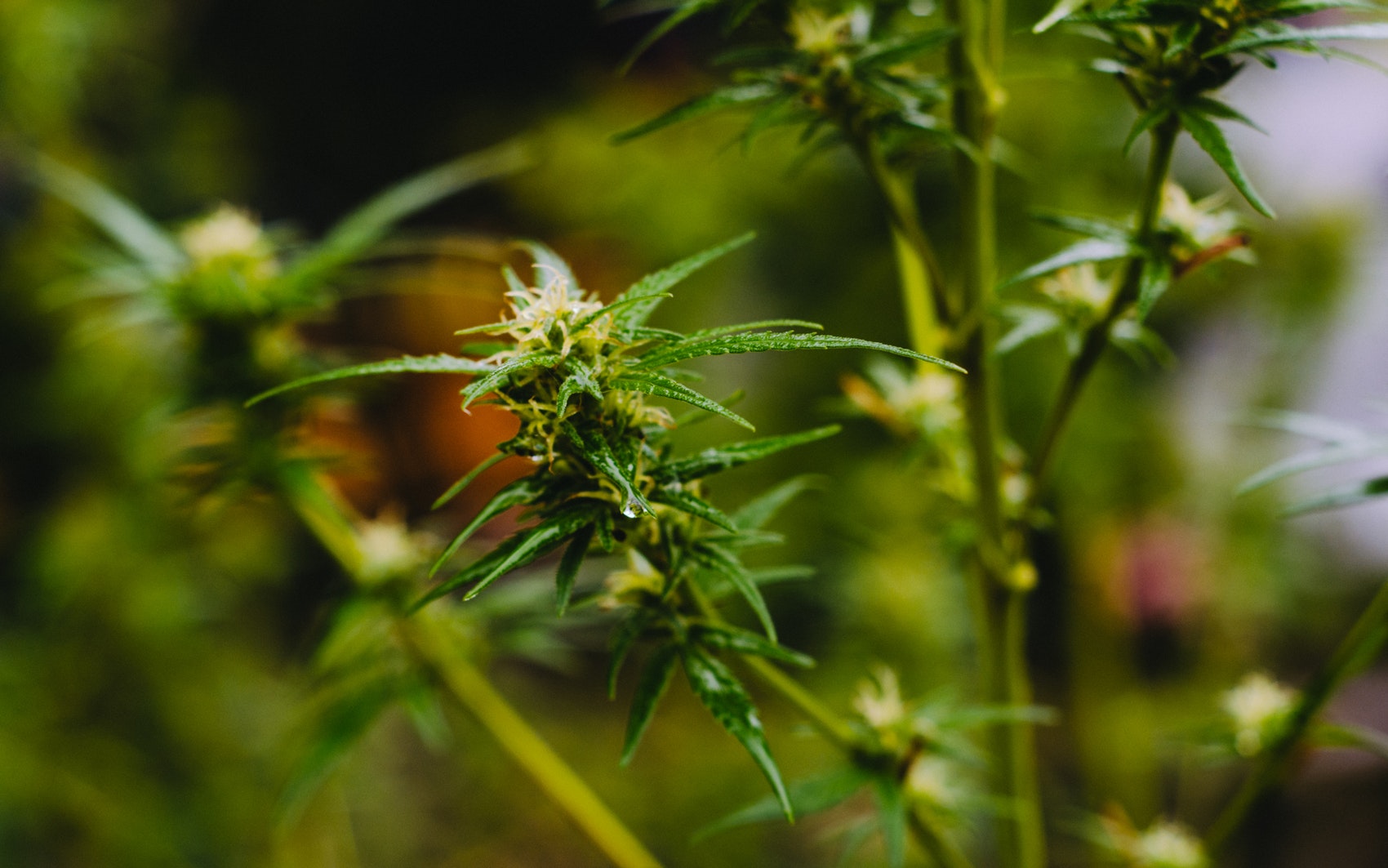
Genesis 1: 11-13. These natural forms of remedies have been placed here for our use, to support our health, since before the beginning of mankind. The use of these plant based natural remedies (essential oils) are the truest form of “traditional” medicine, they were here long before our “modern medicine” options. The use of these plant based natural remedies have been around for thousands of years dating as far back to ancient cultures 3500 B. C. when the Mesopotamians invented the first distillation system.
The Chinese are considered the “Pioneers of Essential Oils”. They hold the oldest surviving medical text “Shennong’s Herbal” which is dated around 2700 B. C. Plant oils were frequently used by the upper-class people of the T’ang dynasty to fragrance their homes, their clothes their temples of worship and even paper, ink and cosmetics. The Chinese treated the body based on Qi (pronounced “chee”).
Qi is the balance in the body of:
Too Hot or Too Cold, Too Damp or Too Dry, Too much Movement or Too Little Movement and Too Yin (Feminine) or Too Yang (masculine). These dualities are the primary guideline of traditional Chinese medicine and philosophy.
It is believed that the Egyptians began studying the aromatic use of plants around the same time as the Chinese. The Egyptians are credited with the birth of Aromatherapy. Cleopatra opened the first beauty spa.
1350 B.C. Moses and the Jewish people use essential oils for health, holy anointings and inaugurating kings. There are 33 specific oils mentioned in the Bible and over 600 references to essential oils in the Bible.
460 B.C. The Greeks – Hippocrates (Father of Western Medicine), had a very holistic approach. He believed that plant-based approaches could save lives and that surgery was a last resort. Theophrastus (known as the Father of Botany) wrote “The History of Plants”, one of the most widely used botanical reference books for centuries. His studies went so far to include the affects of different flowers’ scents on emotions. Pedanius Dioscorides (Greek military physician, pharmacologist & botanist) wrote “De Materia Medica” (On Medical Material) which is the predecessor to modern day pharmacopeias.
Moving through history, handed on from the Greeks to the Romans, and after the fall of the Roman Empire the Persians implemented these ancient health remedies and achieved distillation processes that are still used today. The Knights of the Crusades passed on the remedies and knowledge of all they learned in the middle east throughout western Europe. But in the Dark Ages these natural plant-based methods of treating health issues were no longer in favor. During the Dark Ages it is believed that the Monks in the monasteries kept the traditions of essential oils alive.
The pharmaceutical companies appeared in the early 1800’s. These drug companies with their synthetic forms of medicines quickly became the mainstream. Their approach; treat the symptoms rather than the cause left the use of plant-based remedies in the rear-view mirror by the 20th century. Until 1928, when French chemist Rene Maurice Gattefosse used lavender oil on his hand to treat a burn. This led him to further investigation and the birth of the term “Aromatherapy” and essential oils flourished in popularity once again, especially in the alternative medicine sector. However, it took until the 1980’s for Aromatherapy to gain popularity in the United States when essential oils were added to various products.
Essential Oils is a deep-rooted thread connecting civilizations from the beginning of time to our current day. Thankfully, the knowledge of these natural remedies has not fallen into oblivion but has been preserved and passed on from generation to generation through the centuries. Today we have professionals trained in the art and practice of these God given natural remedies. We have Certified Essential Oil Coaches, massage therapists, aromatherapist, nutritionists and doctors of natural medicine as in Chiropractors who use these remedies in their practices.
MEDICAL STUDIES
Currently there are 17,277 medical studies in the Pub Med Database/ U.S. Medicine that substantiate the benefits of the use of Essential Oils. These studies include invitro (or cell) studies, animal studies and human studies.
